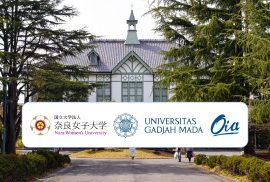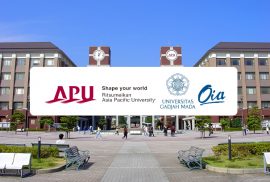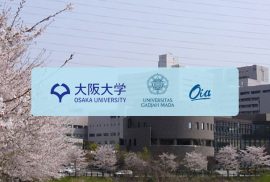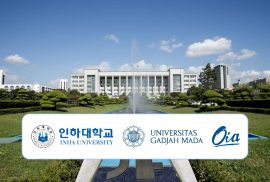Greetings from the University of Manchester!
Arsip:
Exchange Program
Greetings from Universiti Utara Malaysia!
Greetings from Nara Women’s University!
Warm greetings from Ritsumeikan Asia Pacific University (APU) in Beppu, Japan!
Greetings from Toyo University in Tokyo, Japan!
Greetings from Hankuk University of Foreign Studies, South Korea!
Greetings from Osaka University, Japan!
Warm greetings from Saitama University, Japan!
Warm Greetings from the University of Tokyo, Japan!
Greetings from Inha University, South Korea!











Recent Comments